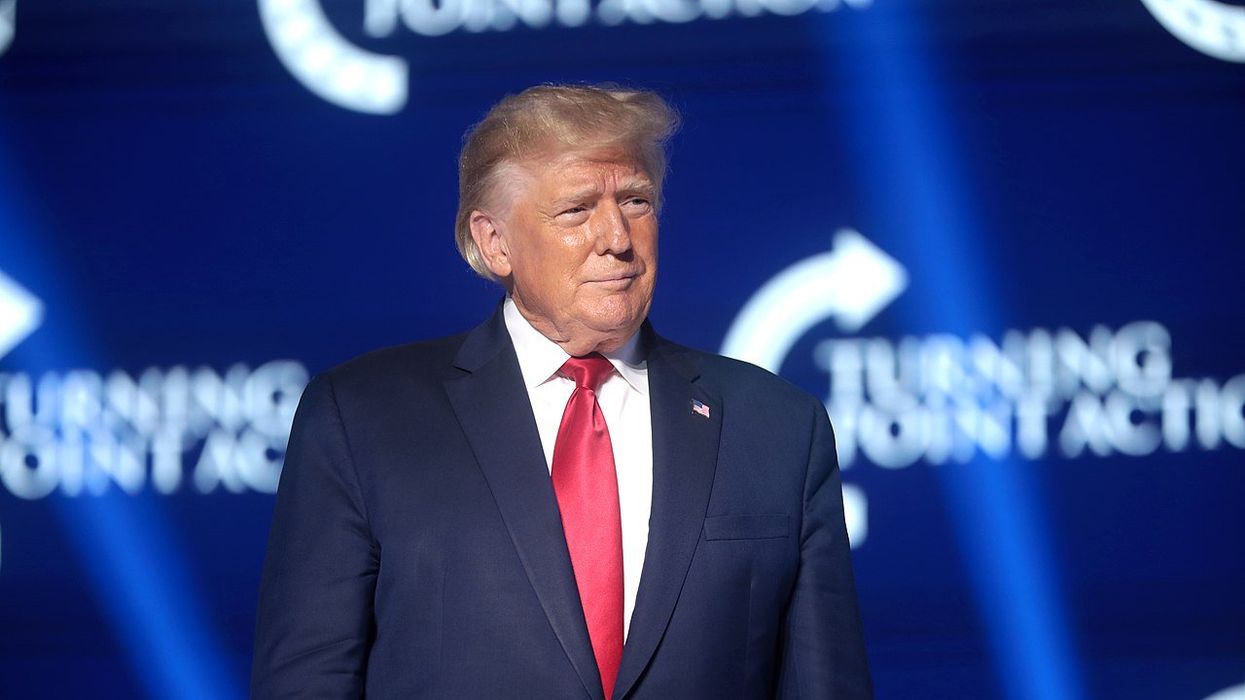Ex-DHS official outlines tough 'challenges' Jack Smith faces prosecuting Donald Trump


Special counsel Jack Smith's case against former President Donald Trump turned out to be even worse than originally reported. On Thursday night, June 8, major media outlets reported that Trump had been indicted on seven federal counts in connection with Smith's probe of government documents he was storing at Mar-a-Lago. But when the indictment was unsealed the following day, it was revealed that there were 37 counts — not seven.
This indictment comes in addition to the 34-count New York State prosecution Trump is up against from Manhattan District Attorney Alvin Bragg, Jr. And Trump is still facing separate criminal investigations involving his post-2020 election activities: one by Smith, another by Fulton County, Georgia DA Fani Willis.
But Trump's federal and New York State indictments won't necessarily end with convictions. Law professor Paul Rosenzweig, in an article published by The Atlantic on June 11, lays out some reasons why Smith "faces a much tougher road than prosecutors typically do."
Rosenzweig, who served in the U.S. Department of Homeland Security (DHS) under President George W. Bush, explains, "There is a more-than-reasonable possibility that Trump will never be convicted of the crimes with which he has been charged…. To begin with, Smith was exceedingly unlucky in his drawing of a judge. The case was assigned to Judge Aileen Cannon, the same judge whose interference in the original search of Mar-a-Lago was roundly criticized and rejected by the Eleventh Circuit, the appellate court that oversees her district."
Rosenzweig adds that Cannon's "past rulings suggest that her instincts will favor Trump."
"Within certain boundaries," Rosenzweig notes, "trial judges have almost unreviewable discretion to determine what evidence will, and will not, be presented to a jury…. The choice of judge is not the only challenge Smith faces. The jury that will hear the case — or, more accurately, the jury pool from which the jurors will be drawn — will also be challenging. Like many observers, I thought that the special counsel would bring his charges in Washington, D.C., if only because doing so would let him draw from a jury pool that more than 90 percent of voted for Joe Biden in the last election."
The law professor adds, "But venue is not always a choice; it is sometimes an inexorable constitutional command. And a review of the new indictment makes clear that most of the charges Smith has lodged could have been brought only in the Palm Beach division of the Southern District of Florida, where Mar-a-Lago is located. That jury pool is more evenly divided politically than the jury pool in D.C."
READ MORE: Fulton County DA tells judge to dismiss Trump’s demand to hide grand jury report
Paul Rosenzweig's full article for The Atlantic is available at this link (subscription required).